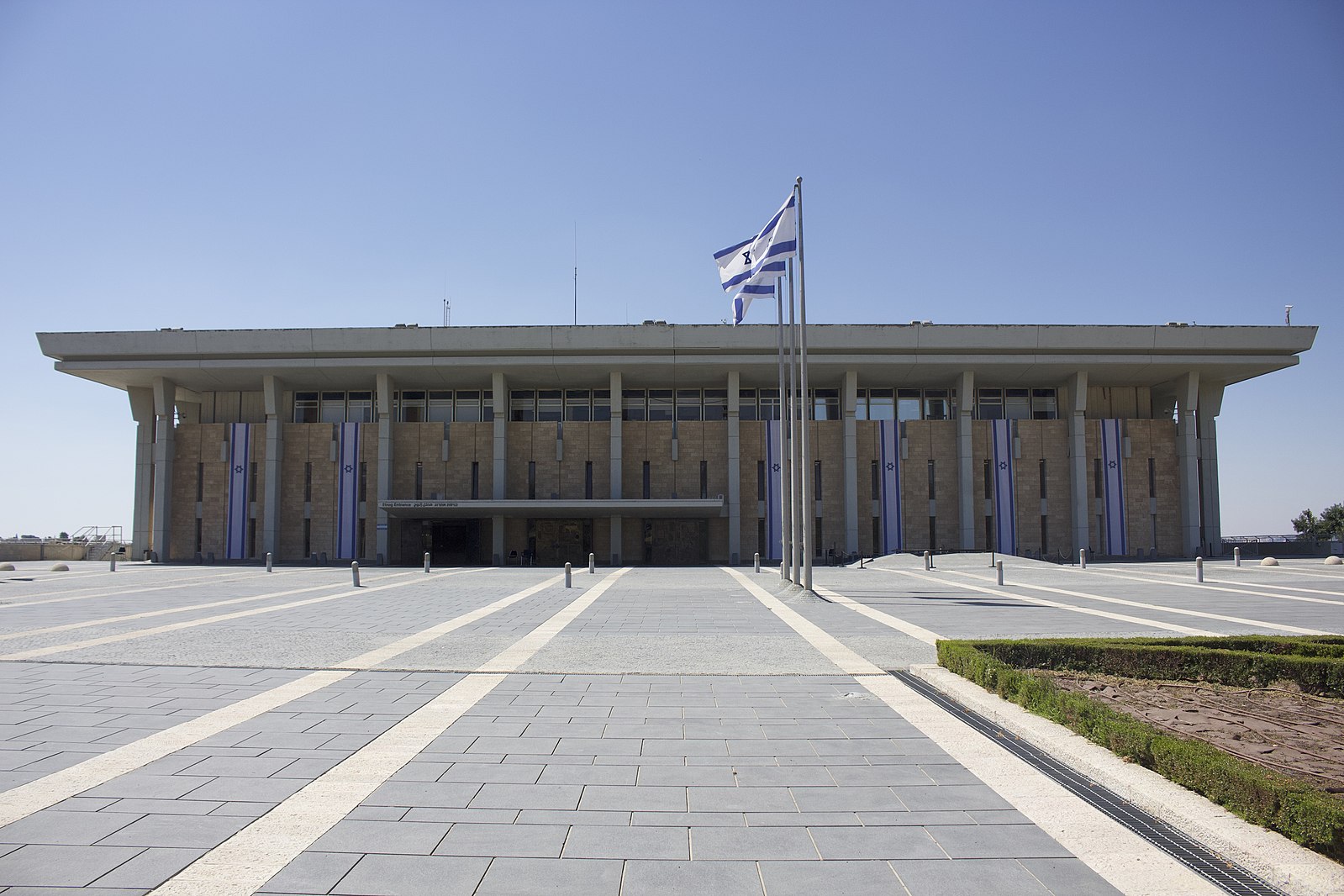In Israel, the Likud Party leader Benjamin (Bibi) Netanyahu won a decisive victory in the November elections, with results showing the former Prime Minister pulling off a political comeback by successfully uniting right-wing and religious nationalist parties. The win by Netanyahu came as a shock to Israelis and Americans abroad, as many had concluded that the Likud leader would never again become Israel’s Prime Minister. With Netanyahu and his conservative coalition in power, the question on everyone’s mind is what will this mean for Iranian protesters marching against the Islamic regime under the Ayatollah of Iran?
In September of this year, a 22-year-old Iranian woman named Mahsa Amini was brutally killed by the Islamic Republic of Iran’s Morality Police for wearing her hijab incorrectly. In response to her death, young and old Iranians took to the streets of Iran and elsewhere, marching and calling for the downfall of the Iranian regime and the deaths of Iranian Supreme Leader Ali Khamenei and Iranian President Ebrahim Raisi. The Islamic Republic has responded to the protests by deploying its security forces, the Revolutionary Guards Corps (IRGC), the Basij paramilitary force, and terrorist-backed proxies to arrest, beat, and kill Iranian citizens on the streets.
In various interviews before and after the elections in November, Netanyahu commented on the protests, stating that he supports the people of Iran who are standing up to real terror.” The supportive comments from Netanyahu are not the first, given his past message of support to Iranian citizens protesting the regime in early 2018.
While words of support are encouraging from the Israeli Prime Minister, words alone cannot help bring down this regime. Substantive actions are required. To help Iranians protesting, the incoming Israeli government should use its intelligence capabilities to provide protesters with support in evading security forces and regime supporters. With the Internet shutdown by the Islamic Republic, Netanyahu and his allies should do everything in their power to help protesters obtain access to the internet and social media, something that Starlink satellites are doing.
Not only could the new Israeli government help provide internet access to Iranian protesters, but given the Israeli intelligence service’s infamy for cyberattacks against the Iranian regime, there should be an uptick in cyberattacks against the Islamic Republic’s military and government infrastructure. Such attacks would help cripple the Islamic government from within and prevent the regime from having the ability to track and find protesters on the streets.
Another way in which Netanyahu and his allies in the Knesset could help the Iranian people is through direct and indirect military attacks. A direct military attack from the Israeli government would have to include Iran’s underground nuclear facilities, IRGC barracks, military bases, and top-level leaders of the IRGC. Such an attack would not only cripple the regime’s foundation but, given how spread out the regime’s forces are throughout Iran, would instill fear among military officials in Iran and those closest to the Iranian Supreme Leader and President.
An attack that cripples the regime’s military infrastructure would show that the state of Israel stands with the people of Iran, who want friendly relations with the Jewish state. Additionally, strategically targeting top members of the IRGC would not only demoralize and weaken the regime’s main military arm but warn terrorist proxies supported by the Revolutionary Guards that aiding the regime in its crackdowns has severe consequences.
An indirect attack by the new Israeli government in Iran would include supplying Iranian protesters with weapons and training them to combat the regime’s forces. This idea is nothing new to the Israeli government, given that in the 1980s, Likud Prime Minister Menachem Begin, the CIA, and Saudi Arabia attempted to help exiled-Crown Prince Reza Pahlavi and his supporters attempt to overthrow the Islamic Republic. When Begin resigned in 1983, the new Israeli government stopped supporting the Crown Prince and his supporters, which was a critical mistake by Israel.
Today, the new Israeli Conservative government should learn from the past and support Iranian protesters willing to fight and die for freedom against the Islamic Republic. Not only should the Israeli government reach out to the U.S. and its Arab allies in helping to provide military equipment and training to the Iranian protesters, but it should also convince Saudi Arabia, the Islamic government’s nemesis, to help in this initiative, providing Iranians with arms and training would not only shock the Islamic Republic but further constrain the regime, which is currently deploying all of its resources to prevent itself from being overthrown.
Currently, the Islamic Republic continues to crack down on protesters and issue deadly verdicts against imprisoned protesters and family members speaking out against the regime. Should Prime Minister Netanyahu and his government do nothing to cripple the Ayatollahs in power, the Iranian protests will end just as they did in 1999 and 2009, with the blood of young and old Iranian citizens on the streets of Tehran and the Ayatollahs in power.
“The views expressed in this post reflect the views of the author(s) and not UCLA or ASUCLA Communications Board.”

